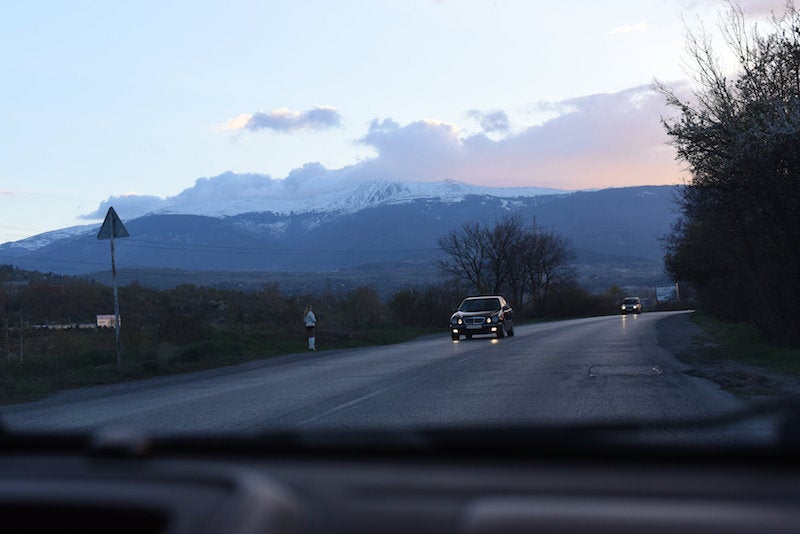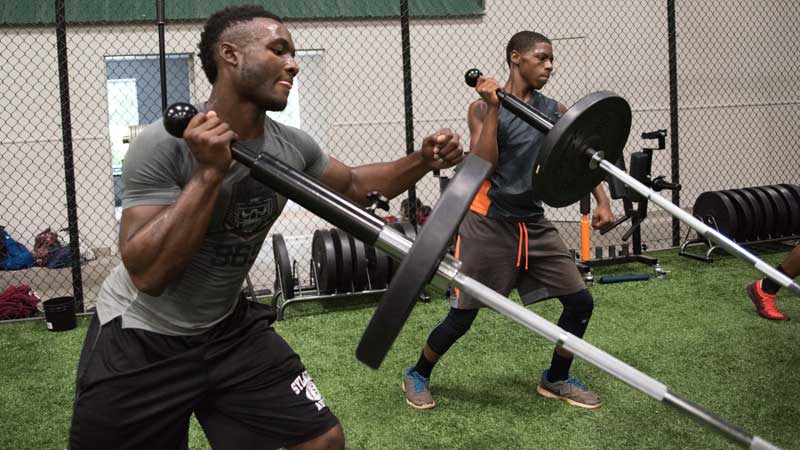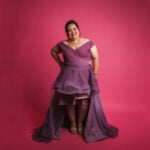As challenging as it is, Katherine Long’s work to combat sex trafficking in Bulgaria has become her calling.
Katherine Long has been fighting bullies since she was a kid. As the oldest of five children and the daughter of a youth pastor, she grew up moving from city to city, often taking on the role of protector for those around her. She remembers standing up to bullies twice her size—and winning.
These days, she fights bullies of a different sort.
Since 2009, Katherine has been working to combat sex trafficking in Sofia, Bulgaria, with an organization called Daughters of Bulgaria. While she’s technically on a church planting team through Mission to the World, her focus is anti-trafficking ministry.
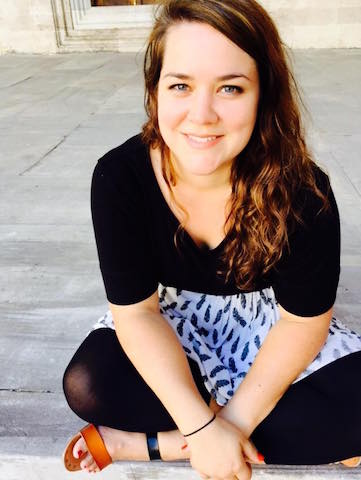
So how did she go from fighting playground bullies in elementary school to taking on an entire system of sexual slavery in Eastern Europe?
“I was at a concert where I heard Sarah Groves talk about sex trafficking and the problems all around the world,” Katherine says. “I couldn’t believe it. As a history major, I studied these things, but I never imagined that they were still happening today. I never imagined that hundreds of thousands of children are trafficked in my own country.”
At the time, there wasn’t much happening in the area of anti-trafficking in Alabama—but there was a lot happening in Europe. Katherine applied for a two-year job with a budding organization called Daughters of Bulgaria, not knowing where it would lead.
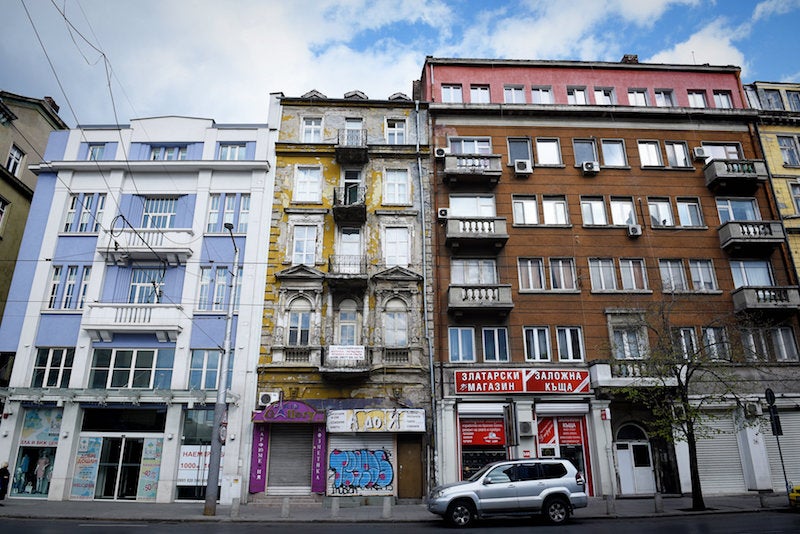
“I didn’t yet know how I wanted to fight,” Katherine says of those early days as she was checking out all her options. “But I knew I wanted to learn. So I thought that a new organization would be a perfect fit for me.”
Reality, of course, rarely matches expectations, and Katherine learned a lot in those first two years about what it really looks like to fight something as established as the sex trade in Bulgaria.
“I had the expectation that I would walk in, see the chaos, help fix it, and ‘Liam Neeson’ my way through, like in Taken,” Katherine says. “In reality, this ministry is one of longsuffering. You work with women over and over again who are so broken and in need, but they do not know how to have a new life, they don’t know how to leave, and sometimes, they literally cannot leave. And it breaks your heart.”
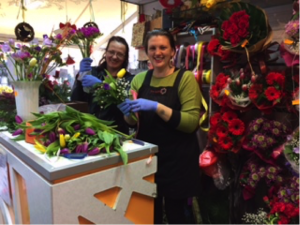
She also didn’t know that two years in Bulgaria would lead to multiple additional years, and that eventually, she would become the director of a new recovery program for victims of sex trafficking. The recovery program, just like the rest of Katherine’s anti-trafficking ministry, requires a long-term vision and the ability to persist in the face of setbacks.
“In the recovery program, we have some amazing moments where they say things like, ‘I finally understand. I am loved. I have value. And I can learn new things,’” Katherine says. “But most days are filled with arguments, tantrums, case management, coloring to calm everyone down. It’s not glamorous; it’s family. It’s true community where we are all in recovery and bumping up against one another.”
This is where the church plant comes in to support her in the perfect way. Even on the hardest days, Katherine knows she isn’t alone—that she’s backed up by a church that loves these women as much as she does, accepts them for who they are, doesn’t judge them for what they’ve done, and offers strength to Katherine when she needs it most.
Since she began working with Daughters of Bulgaria, Katherine has experienced some incredible moments where she can see the impact of her work. One such moment occurred on Valentine’s Day as Katherine’s team was handing out roses to women on the street. A woman who received a rose looked at them with tears in her eyes, sharing that this was the first flower she’d ever been given.
But she experiences lows, too—and sometimes, they are devastating.
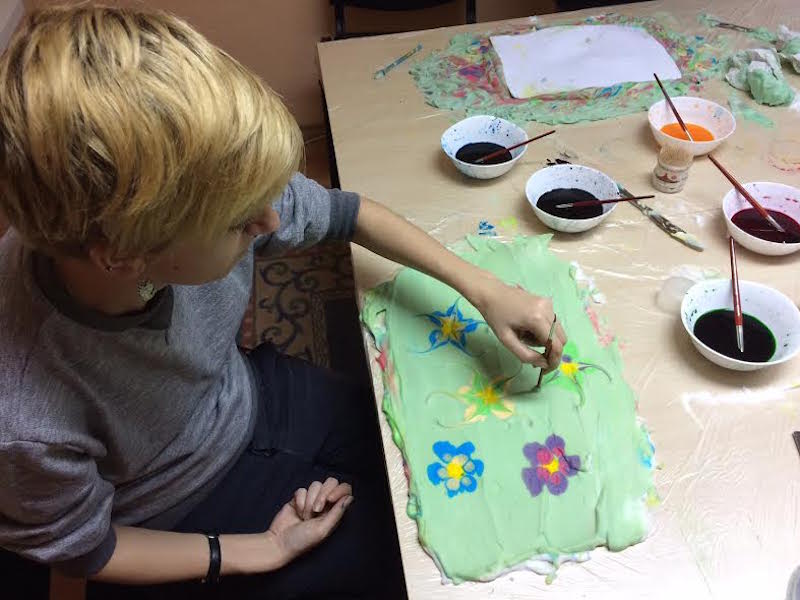
“There are some days when we find out that we have lost one of the women we have spent years with on the roads,” Katherine says. “The average life span, upon entering prostitution, is seven years. These women experience an incredible amount of violence against them. They get in a lot of car accidents, and suffer from multiple sexually transmitted diseases and other life-threatening diseases. And so, when we lose one of ‘our daughters,’ it is extremely painful.”
One of the questions Katherine hears a lot is: How do you know if a woman is being trafficked or if she has become a prostitute of her own volition? It’s a good question, Katherine says, but it’s a little misguided.
In the United States, the average age of entry into prostitution is between 12 and 14 years old. More than likely, these girls have fallen in love with someone who presents themselves as trustworthy, but in reality, they have the girl’s whole life planned out—and it’s not pretty.
“In my work over the last nine years, I’ve never met a woman who woke up one day and thought, ‘You know, prostitution makes way more money … I think I’ll switch from accounting to that,’” Katherine says. “It’s often a long process of trauma, manipulation, lack of opportunity and desperation that leads women to believe that the only option to provide for themselves and sometimes their siblings or children is to prostitute.”
For Katherine’s team, how a girl gets into prostitution doesn’t matter—they just want to see her move from vulnerability to wholeness, and to have the opportunity for a second chance.

“Daughters of Bulgaria does not distinguish between prostitution, trafficking and exploitation,” Katherine said. “We minister to women at risk, currently caught in—as well as wanting to leave—prostitution/exploitation, no matter their story.”
Katherine feels deeply convicted that everyone deserves a second chance, no matter what their past looks like, and she’s willing to fight for them—but how dangerous is the fight, exactly?
“Most people ask me, ‘Isn’t your work dangerous?’ And my answer is ‘Sure,’” Katherine says. “We have procedures and protocol for all of our outreaches and programs, [and] we seek to be wise in every situation. But there is always risk. So yes, it is dangerous, but I do not ever feel in danger. I am right where I am supposed to be.”
You can find Daughters of Bulgaria online at www.daughtersofbulgaria.org. To connect with Katherine directly, email katherine@daughtersofbulgaria.org.

